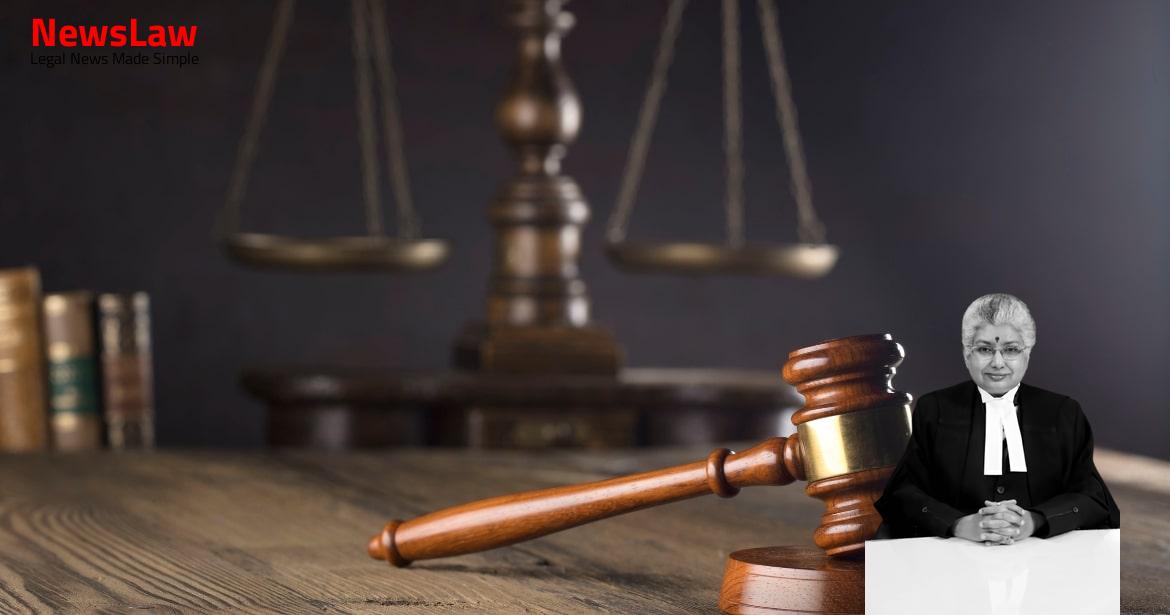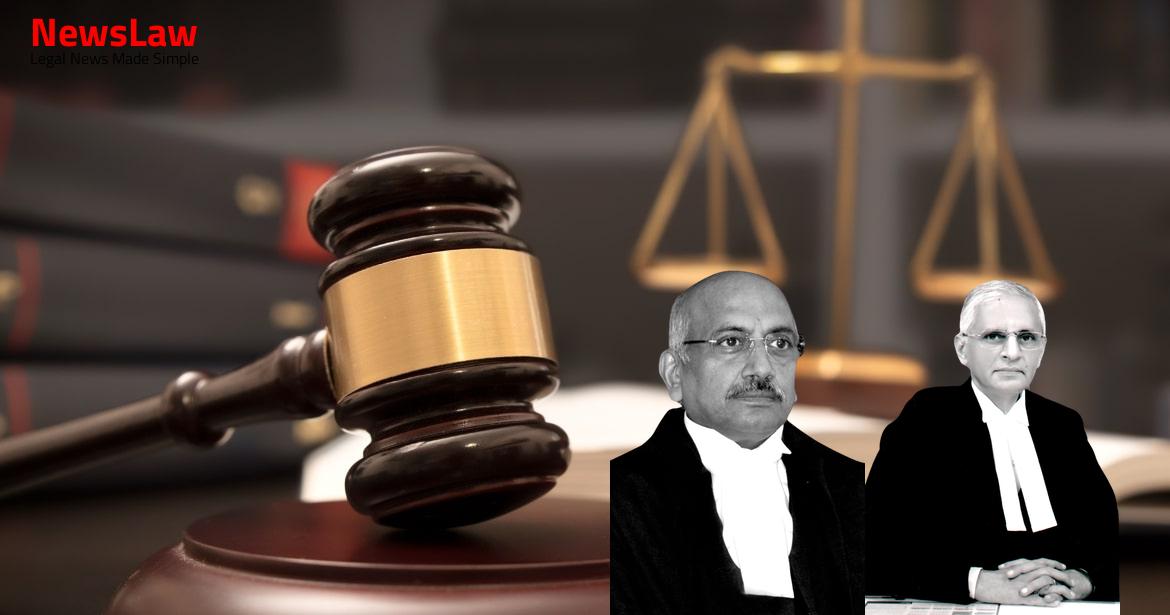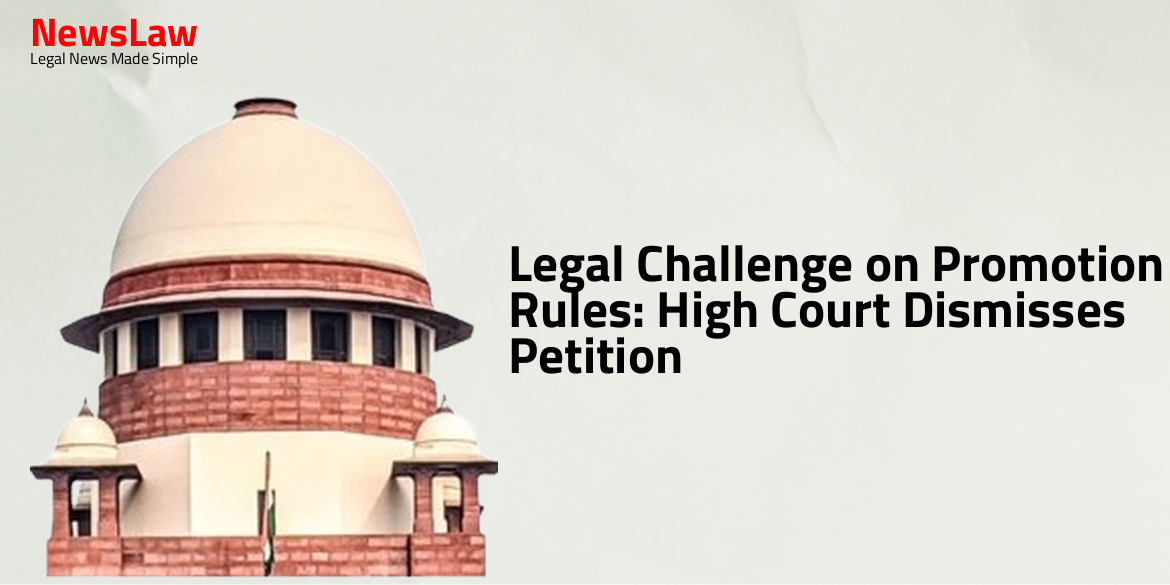Explore the fascinating legal realm of promissory estoppel in the context of government representations and legislative actions. This blog dissects the nuanced analysis conducted by the court regarding the balancing act between promises made by the government and the evolving legislative landscape. Understanding the implications of such cases sheds light on the intricate relationship between public assurances and the broader legal framework.
Facts
- Hero Motocorp Ltd. availed exemption until 1 July, 2017, after which the benefit was reduced to 58% under the GST regime.
- Sun Pharma Laboratories Ltd. set up its first industrial unit in 2009 and a second unit in 2014, both enjoying exemptions before being reduced to 58% under GST.
- The Constitution was amended by the 101st Amendment Act to introduce the GST system nationwide.
- Before GST, both of the appellant’s units enjoyed full refunds of central excise duties under a 2003 exemption notification.
- The 2003 Office Memorandum provided for 100% excise duty exemption for new and expanded industrial units in certain states for 10 years from the start of commercial production.
- After the new GST regime, the benefits for the appellant – Sun Pharma Laboratories – were reduced to 58% through the Budgetary Support Policy.
Also Read: Presumption of Genuine Endorsements in Cheque Case
Issue
- The issue at hand is whether the Union of India can be directed to adhere to the representation made in the Office Memorandum dated 7 January 2003 after the enactment of the Central Goods and Services Tax Act, 2017.
- Civil Appeal arising out of Special Leave Petition (Civil) No. 12397 of 2020 involves the claim of Hero Motocorp Ltd. for 100% budgetary support in place of the outright excise duty exemption as per the said O.M. of 2003.
- Civil Appeal arising out of Special Leave Petition (Civil) No. 11978 of 2021 revolves around Sun Pharma Laboratories Ltd. questioning the reduction of the 100% excise duty exemption granted to them under the 2003 Notification.
- Both appellants argued that the Union was obligated to provide 100% tax exemption for the entire 10-year period from the commencement of commercial production based on the representations in the O.M. of 2003 and the 2003 Notification.
Also Read: Medical Negligence and Compensation: A Landmark Decision
Arguments
- The appellants argue that the Central Government, as per a policy from 2003, promised 100% exemption from excise duty for 10 years to industrial units in certain states.
- They claim that the Central Government is bound by this promise and estopped from retracting it.
- The Central Government reduced the refund to 58%, which the appellants find arbitrary.
- The ASG argues that promissory estoppel cannot apply if circumstances change, and public interest demands a withdrawal.
- He highlights the shift from an origin-based tax regime to a destination-based one under GST.
- The GST Council and constitutional amendments have led to a new tax era with shared responsibilities between the Centre and States.
- The proviso to Section 174(2)(c) of the CGST Act may not be applicable in the present case from the viewpoint of an ordinary businessman.
- The O.M. of 2003 should be understood from the perspective of a businessman to whom the commercial representation was made.
- The Government of Jammu & Kashmir has resolved to reimburse the remaining 42% of GST to units located in the State.
- Claim against the State Governments should be pursued if there is any grievance.
- The writ of mandamus can only be issued against a statutory body if a duty is neglected to be performed.
- No duty is established on the Union to reimburse 100% GST, making the present appeals untenable.
- The Union cannot be compelled to comply with assurances made in the O.M. of 2003 due to public interest.
- Various court judgments are cited to support the position that the remedy may lie with the State Governments.
- The assurance was given by the Central Government based on the Finance Commission recommendations.
Also Read: Remand of Writ Petition for Restoration and Decision on Merits
Analysis
- Judgment of the High Court challenged before the Supreme Court
- CGST Act enacted to give effect to the 101 Amendment Act
- Importance of legislative knowledge in balancing current advantages and future disadvantages
- Repeal of various enactments under Section 174 with protections and exceptions
- Rescinding of tax exemptions under the CGST Act provisions
- Implications of rescinding benefits under earlier notifications
- Doctrine of promissory estoppel in relation to subsequent statutes
- Representation made by the Union Government in policies and notifications
- Challenges and implications of expropriating forest lands without compensation
- Consideration of possible repercussions of deforestation and soil erosion
- Partnership of Union and States in tax levies and exceptions to estoppel in cases of fraud or injustice
- Competence and constitutionality of legislative Acts in relation to forest rights and agrarian reform
- Promise of tax exemption under O.M. of 2003 for industrial units in specific states
- Impact of reckless deforestation on environmental outcomes
- Adoption of a uniform tax structure nationwide
- Central Excise Act, 1944, the Medicinal and Toilet Preparations (Excise Duties) Act, 1955, the Additional Duties of Excise (Goods of Special Importance) Act, 1957, the Additional Duties of Excise (Textiles and Textile Articles) Act, 1978, and the Central Excise Tariff Act, 1985 are repealed under Section 174 of the CGST Act.
- The repeal does not affect any rights, privileges, obligations, or liabilities acquired under the amended Act or repealed Acts.
- Tax exemptions granted as incentives against investment through a notification may not continue if the notification is rescinded.
- The case of M/s Indo-Afghan Agencies Ltd. dealt with an arbitrary reduction of the claim of the writ petitioner against the Export Promotion Scheme.
- It was observed that the Government cannot be estopped from enacting legislation contrary to an agreement.
- The doctrine of promissory estoppel cannot be invoked to prevent the Government from discharging its functions under the law.
- The Constitution Bench in M. Ramanatha Pillai case held that estoppel cannot arise against the State in regard to the abolition of posts.
- Promissory estoppel is not available against the exercise of legislative power of the State.
- The plea of promissory estoppel would not be available for preventing the government from discharging its functions under the law.
Case Title: M/S. HERO MOTOCORP LTD. Vs. UNION OF INDIA (2022 INSC 1100)
Case Number: C.A. No.-007405-007405 / 2022



